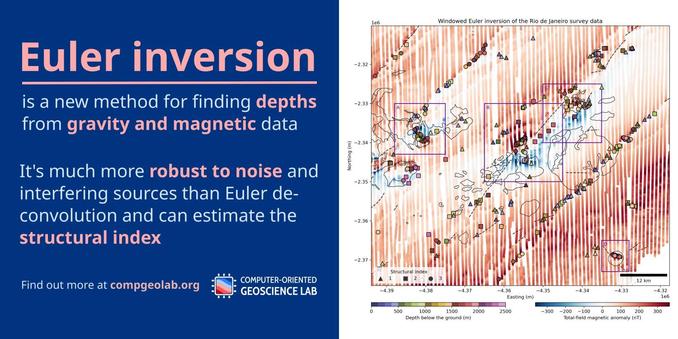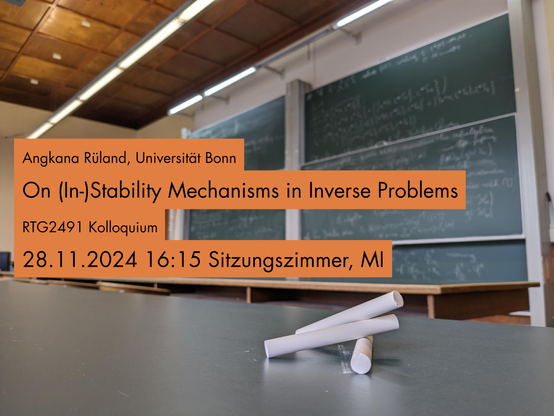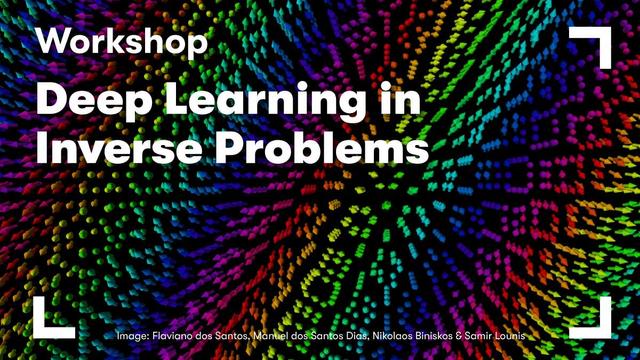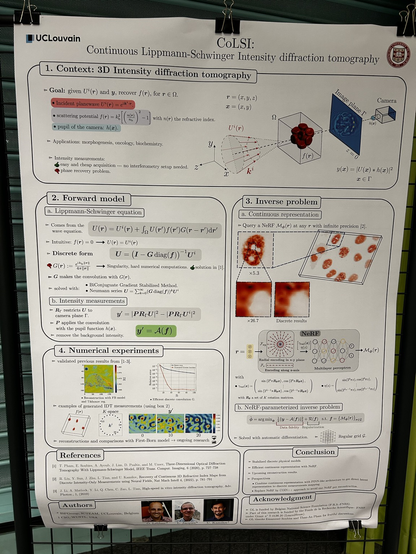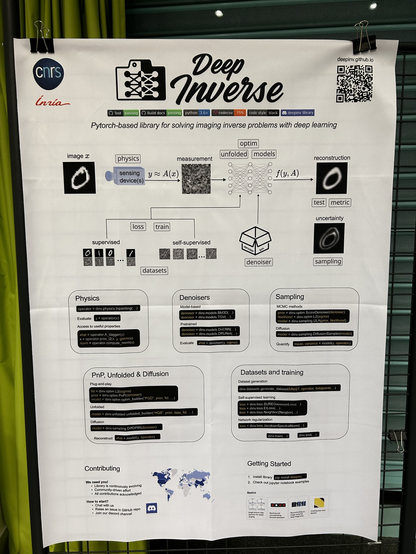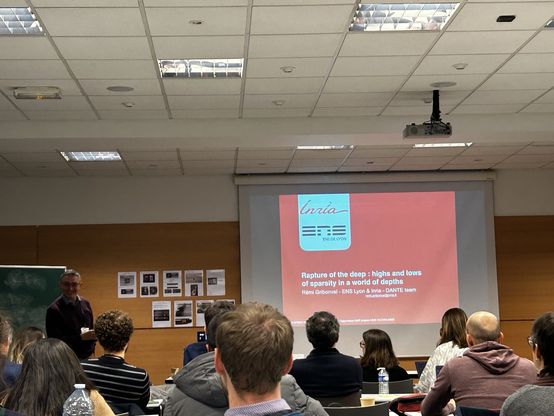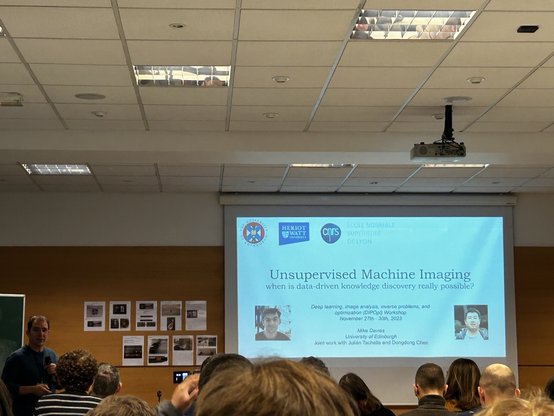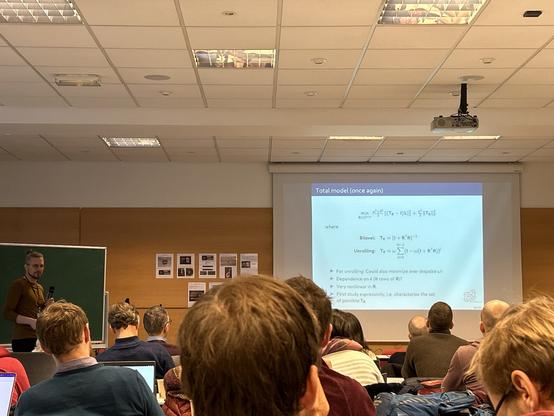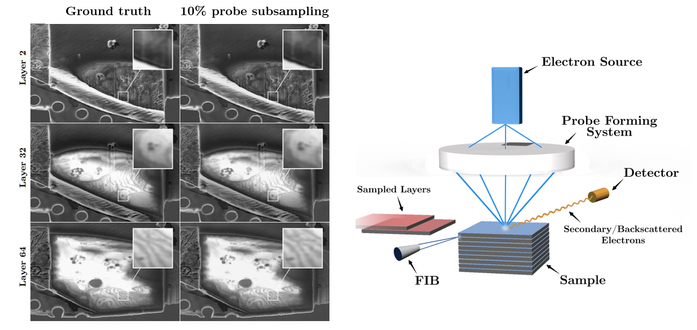Optimal estimation (Remote sensing 🛰️)
In applied statistics, optimal estimation is a regularized matrix inverse method based on Bayes' theorem. It is used very commonly in the geosciences, particularly for atmospheric sounding. A matrix inverse problem looks like this: A x → = y → {\displaystyle \mathbf {A} {\vec {x}}={\vec {y}}} The essential concept is to transform the matrix, A, into a c...
